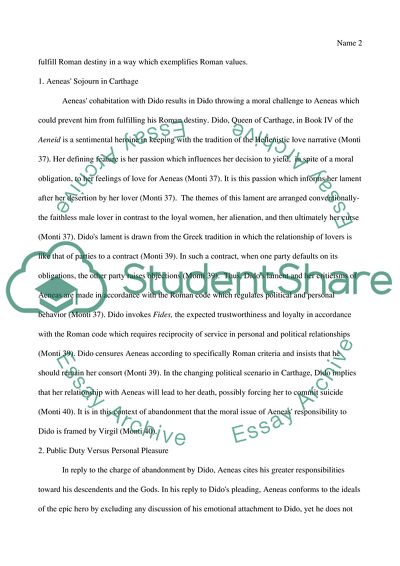Cite this document
(Aeneas, the Bearer of Roman Values and Destiny Research Paper, n.d.)
Aeneas, the Bearer of Roman Values and Destiny Research Paper. Retrieved from https://studentshare.org/literature/1745875-right-conduct-the-roman-way-of-life-and-roman-destiny
Aeneas, the Bearer of Roman Values and Destiny Research Paper. Retrieved from https://studentshare.org/literature/1745875-right-conduct-the-roman-way-of-life-and-roman-destiny
(Aeneas, the Bearer of Roman Values and Destiny Research Paper)
Aeneas, the Bearer of Roman Values and Destiny Research Paper. https://studentshare.org/literature/1745875-right-conduct-the-roman-way-of-life-and-roman-destiny.
Aeneas, the Bearer of Roman Values and Destiny Research Paper. https://studentshare.org/literature/1745875-right-conduct-the-roman-way-of-life-and-roman-destiny.
“Aeneas, the Bearer of Roman Values and Destiny Research Paper”, n.d. https://studentshare.org/literature/1745875-right-conduct-the-roman-way-of-life-and-roman-destiny.


